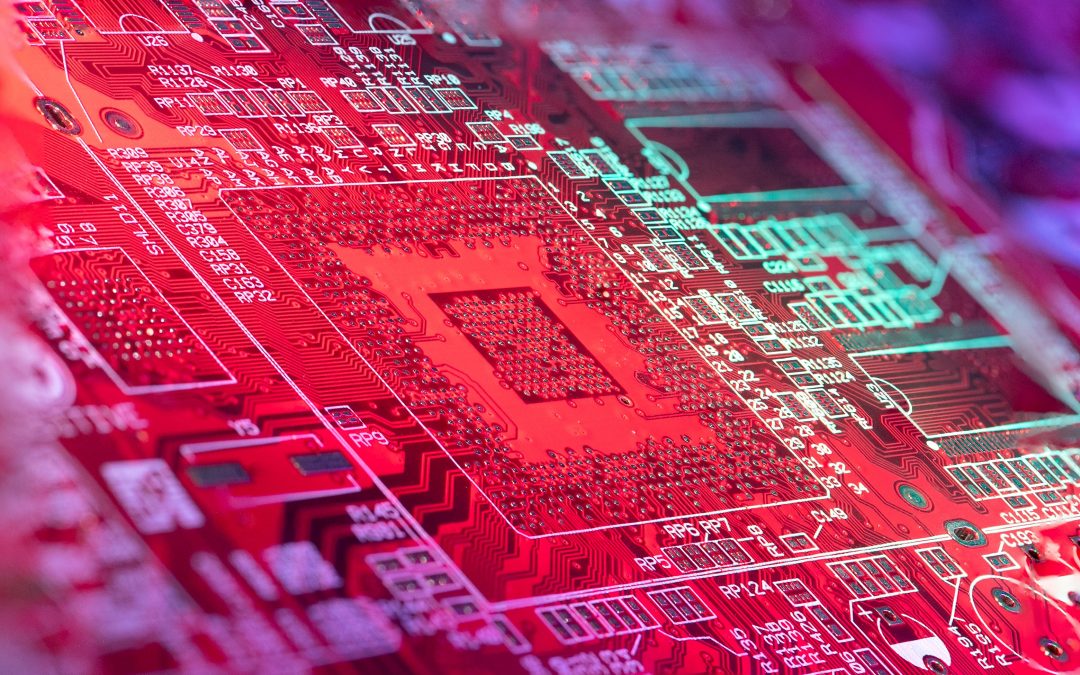In June 2023, the “Software & Integration” lab (SWI) of the ICSC – Centro Nazionale di Ricerca in HPC, Big Data e Quantum Computing, eventually became fully operative. The laboratory was created in the Dipartimento di Informatica – Università degli Studi di Torino to support research and technology transfer. The facility was born as a place for designing, developing and validating prototypes with industrial partners, using academic knowledge to train the next generation of industrial researchers in HPC and Big Data.
It is one of the two laboratories created within the Spoke “Future HPC & Big Data” of ICSC – Centro Nazionale di Ricerca in HPC, Big Data e Quantum Computing, of which the University of Turin is co-leader together with the Alma Mater Studiorum – Università di Bologna. The laboratory aims to create a co-working space to train undergraduate and graduate students to bridge the gap between academic research and industrial needs.
Marco Aldinucci, head of the laboratory, collaborated with Arch. Lavinia Chiara Tagliabue in planning the working spaces (350 m2) according to the modular design concept so that the lab and the entire furniture can be transferred in 2026 to the new building of the Computer Science Department of the University of Turin. All devices, the data centre and the offices, are designed to meet the best energy efficiency, well-being of researchers and cooperation parameters. A domotic system constantly manages lighting temperature, colour and intensity, temperature, humidity and air quality. All pollutants in the World Health Organization (WHO) list are continually monitored. The office comprises a large open space, two meeting rooms (equipped with a professional teleconference system), a small meeting room, and two offices (16 m2) to be used in turn for those who want to isolate themselves and be acoustically isolated from others.
Around ten young researchers (RTDA, PhD, fellows) financed by the National Center and other European projects are already working in the laboratory. The SWI lab is tightly coupled with the HPC4AI of energy efficiency (PUE ~1.12 annual average – see live monitoring). The HPC4AI data centre hosts a cloud-HPC system with over 10k cores and 120 GPUs, six parallel storage systems fully dedicated to testing new solutions in the compute continuum (three of them are unique experimental systems tailored by DDN Storage and E4 Computer Engineering SpA for HPC4AI within the Admire EURO-HPC Project) HPC4AI is hosting the NVidia devkit Arm+A100 systems and several RISC-V systems (from SiFive, Esperanto, Caanan – also implementing vec 1.0) – See HPC4AI documentation. Thanks to the EUPEX Pilot project, HPC4AI will host one of the first high-performance chips produced by the EPI project. Thanks to SWI lab funding, HPC4AI will host the first commercial server (two Intel sockets + 4 H100 SXM2) equipped with “two-phase cooling”, a system that can efficiently transport the heat produced by GPUs out of the servers using the latent heat of evaporation of a fluid, which evaporates in contact with the GPU and is pumped to condensate outside the server. This type of system, developed within the TEXTAROSSA project, commercially realized by E4 Computer Engineering SpA and Inquattro, makes it possible to cool the GPUs (up to 1kW/socket) using tiny pipes and working at low pressure (with an inert gas) that can be integrated into a traditional air-cooled data centre with significant energy and installation savings compared to methods based on liquid cooling (one-phase), which are today state-of-the-art for cooling GPUs.
Regarding spending efficiency, the Università degli Studi di Torino has already invested over 70% (in one year out of three) of the share of NextgenerationEU Resiliency Funds funds (PNRR) allocated to it in Spoke FutureHPC (2 million euros out of 2.65). Starting from July 2023, the funds already allocated will be joined by further funding from the National Center linked to six industrial research projects with a total value of €600k to be carried out within the SWI laboratory in collaboration with six different large Italian industries.
In September 2023, the Future HPC cascade tenders will be published, which have among the objectives of financing SMEs in the area and being able to trigger a supply chain. FutureHPC will distribute €3.2M to subjects not belonging to the national centre: industries, SMEs and academic subjects. 51% of the cascading tenders will be aimed at enterprises and SMEs.
The SWI lab is supported by several research projects funded by ICSC – Centro Nazionale di Ricerca in HPC, Big Data e Quantum Computing and the EuroHPC Joint Undertaking.
(Marco Aldinucci, co-leader of ICSC Spoke 1, Future HPC and Big data)


